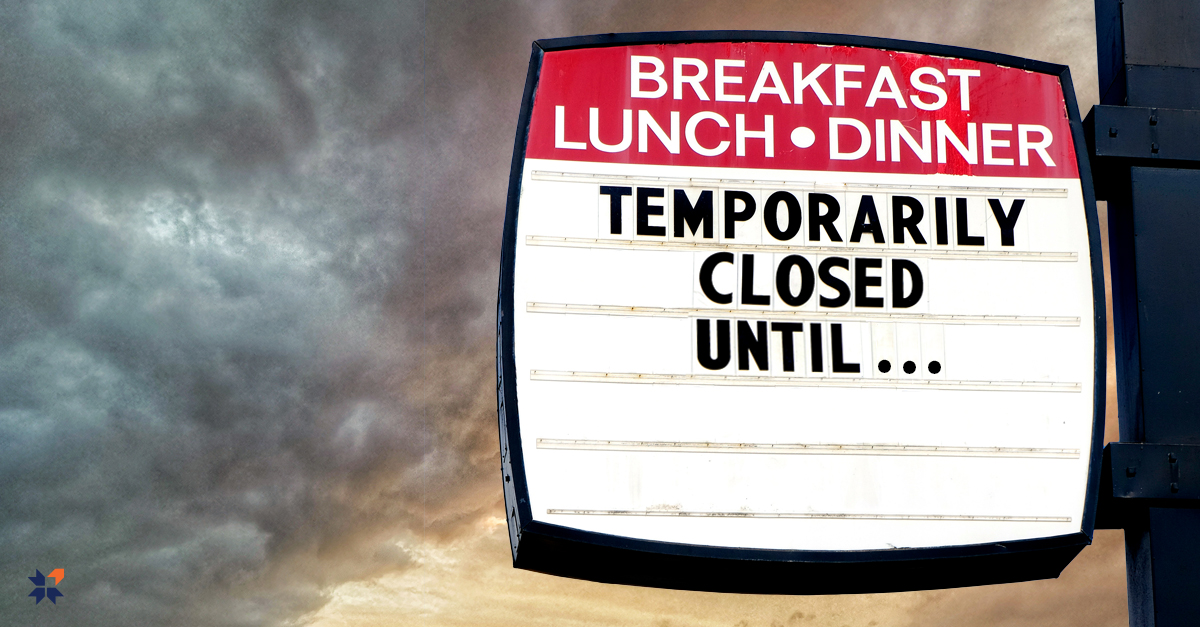
Restaurateurs are some of the most passionate business owners. They invest a ton of time and money to deliver a high-quality experience to their customers because they love what they do.
Fact is, the hospitality industry can be relentless, and it’s a constant challenge for owners to deliver exceptional service while maintaining profitability. These challenges are magnified when you consider property damage, equipment breakdown, crime, and liquor liability issues.
At BCF Group, we know potential blind spots in your insurance programs can prove devastating.
We’ve identified some key risks that are often tragically overlooked until the last moment, and we’d like to share them with you. Review the following items and consider reaching out to your broker (or us) if you’re not confident in your coverage—that call might be the difference between annoying claims paperwork and losing everything.
Property Exposures
Property exposures in restaurants are substantial and can come from many sources, including equipment failure, food spoilage, natural disasters, customers, employees, and other third parties. When discussing property exposures, fire and water damage are of particular concern, and restaurants face an elevated level of risk due to potential hazards like open flames, the wide use of combustible items (tables, chairs, and linens), complex HVAC systems, sewer backups, and appliances connected to water lines (dishwashers, steam kettles, and food warmers).
Restaurants depend on functioning equipment to service their customers effectively. In the face of an equipment breakdown (refrigeration unit leaks and cooking appliance malfunctions), restaurants can experience business interruptions or even prolonged closures. What’s more, equipment breakdown can even lead to major property damage if an appliance leaks or starts a fire, compounding the cost for your business.
As a restaurant owner, you are responsible for property that may not be covered by traditional insurance. Inland marine coverage, however, can fill the gaps in commercial property protection. Without an inland marine policy, property that’s unique or valuable, in transit, in your temporary care, stored at fixed (but movable) locations, or used to transfer information could result in major property exposures. Specifically for restaurateurs, inland marine insurance can provide much-needed protection for accounts receivable, computer equipment, data and records, food transported to various locations, and food trucks.
Liquor Liability
Lawsuits related to liquor liability are filed each day, and it’s increasingly common for victims and their families to file suits against restaurants for their role in serving a customer who is then involved in an alcohol-related accident. Making matters worse, all it takes is a single liquor liability claim to put your entire business at risk. Liquor liability exposures for restaurant owners can stem from selling liquor to underage individuals, overserving patrons, and non-compliance with applicable legislation.
Cybercrime
Restaurants are a common target for cybercriminals because they often process a high volume of credit and debit card information. In addition, employees who are improperly trained on computer and data security could expose your organization to ransomware, viruses, phishing scams, and malware. Many restaurants compound their exposures by offering guests Wi-Fi that—if improperly secured—can put you and your guests at risk of an attack.
Automobile Exposures
Depending on the services your restaurant offers, employees may be required to operate a vehicle on behalf of your business, creating automobile exposures in the process. While important for daily operations, the improper use of a vehicle can lead to potential accidents and major insurance claims. What’s more, if you allow employees to use their own vehicles for work, standard auto policies often do not offer enough coverage.
